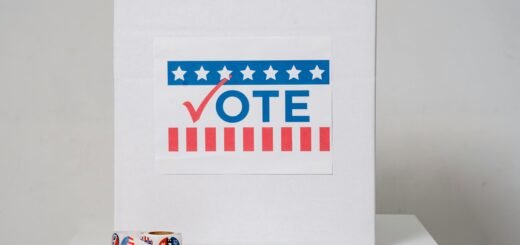FCC Looks to Silence AI-Generated Robocalls

In a move that signals a shift in the battleground against telecommunications fraud, the Federal Communications Commission (FCC) has taken a firm stance against the surge of AI-generated robocalls plaguing the nation. With a narrative that intertwines innovation with invasion, the FCC’s latest proposal to outlaw these robocalls marks a pivotal moment in the fight for digital privacy and consumer protection.
The decision comes in the wake of an alarming increase in robocalls that exploit voice cloning technology to mimic anyone from high-profile politicians to a family member in distress. This manipulation has not only crossed the line of ethical use but has blurred the boundaries between reality and fabrication, leading to widespread confusion and victimization.
The Culprits Behind the Calls
Among the entities caught in the crosshairs of this legislative adjustment are not the tech giants often spotlighted for data dilemmas but rather a myriad of smaller companies and fraudsters who have turned sophisticated AI tools into instruments of deception. For instance, TechCrunch reports on the egregious misuse of AI to generate voices eerily similar to President Biden, misleading voters with fabricated endorsements or directives. This nefarious use of technology exemplifies the urgent need for regulatory intervention.
The FCC’s proposal, heralded by Chairwoman Jessica Rosenworcel, aims to redefine these AI-assisted calls under the “artificial” category of the Telephone Consumer Protection Act (TCPA), providing a clearer legal framework for prosecution. This reclassification is a strategic move designed to empower state attorneys and federal agencies alike in their pursuit of perpetrators, a sentiment echoed in the agency’s commitment to partnering with State Attorneys General to amplify enforcement capabilities.
The initiative has garnered support from various quarters, including consumer advocacy groups and fraud prevention experts who have long witnessed the detrimental impact of such scams on vulnerable populations. Kathy Stokes from AARP lauds the FCC’s efforts, highlighting the particular susceptibility of seniors to these technologically advanced scams.
Navigating the New Norm
As this regulatory proposal progresses, it underscores a broader narrative of adaptation in an era where technology’s evolution often outpaces legal and ethical guidelines. The FCC’s proactive stance signals a recognition of the need for ongoing vigilance and innovation in policy-making to safeguard consumer interests in the digital age.
The implications of this move extend beyond the realm of robocalls, setting a precedent for how emerging technologies are governed. It reflects a growing awareness of the need to balance innovation with integrity, ensuring that the digital advancements meant to enrich our lives do not become conduits for exploitation.


















